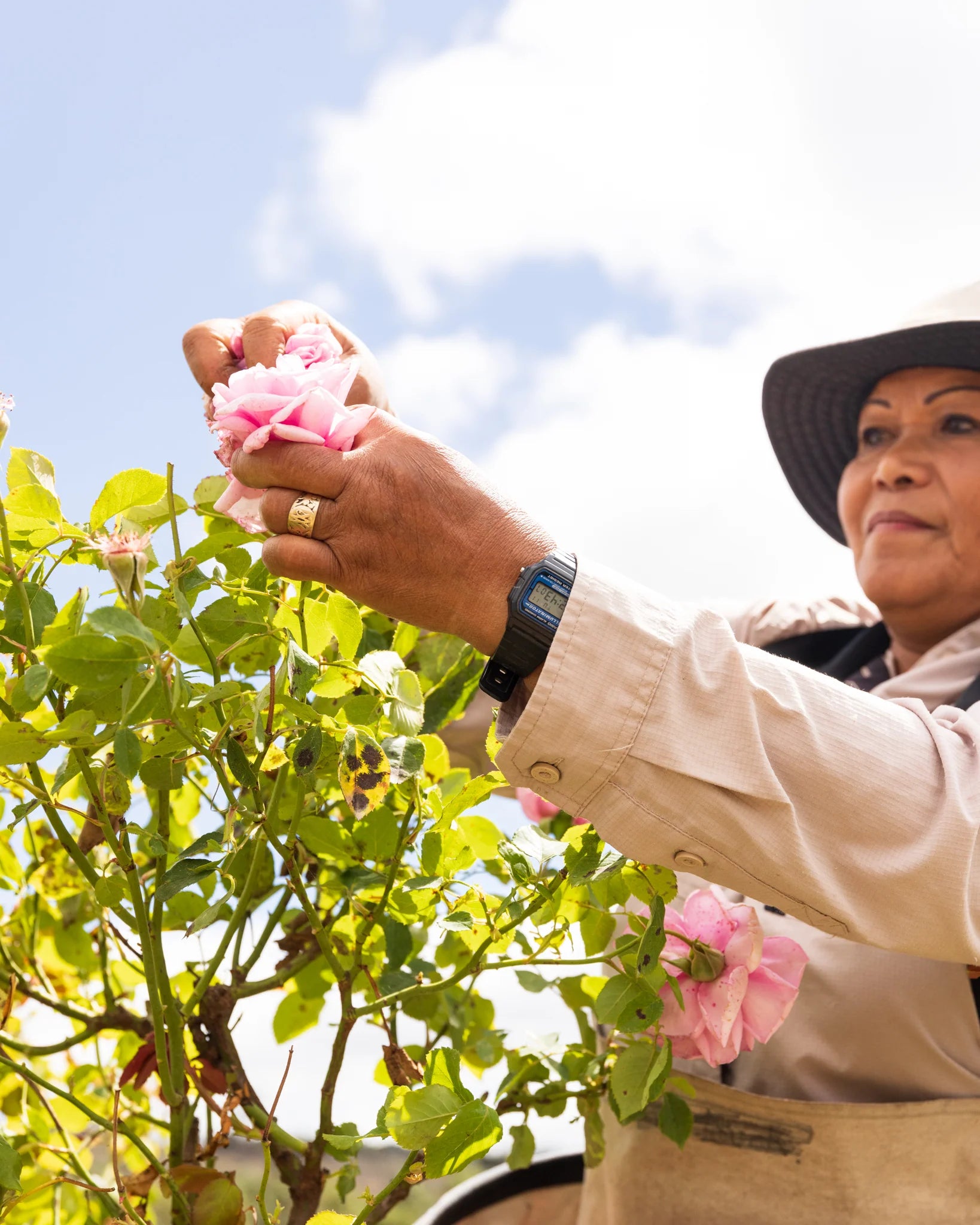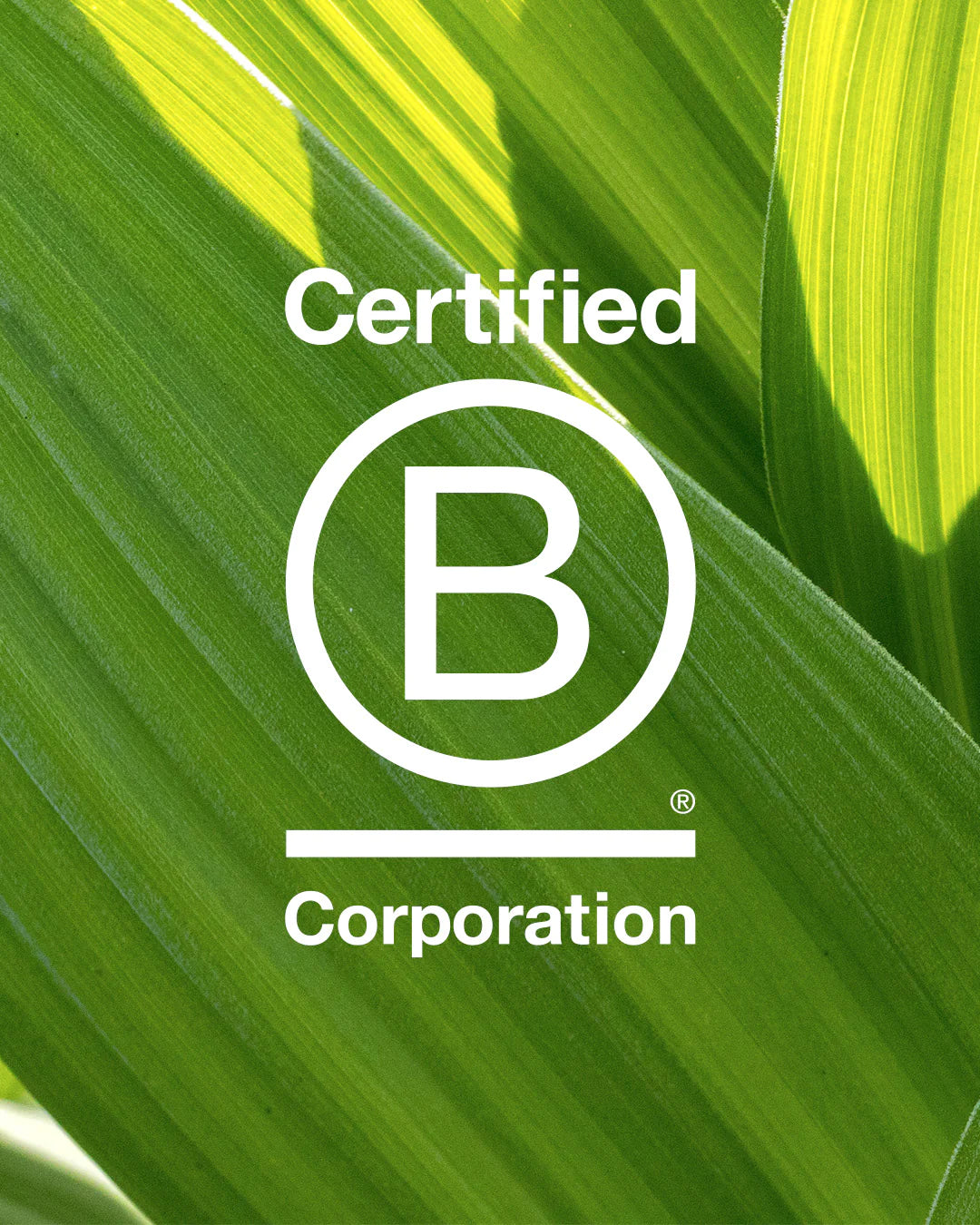Have you ever found yourself feeling like you’re doing all the ‘right’ things – setting goals, taking action – but you’re just not getting any traction? It might not be your actions holding you back, but your beliefs.
We are all born as perfect blank canvases: impressionable, absorbent, with the ability to become almost anything. And during our earliest years, while our brains and bodies are forming, growing and making sense of the world, we develop an acute awareness of what does and doesn’t feel good – and this has far-reaching effects.
How our earliest experiences mould us
Think of what happens when a toddler, having just mastered the word “please”, accidentally knocks a glass of juice all over the rug in her eagerness to grab what she’d been given permission to take. And her parents, who are exhausted at the end of yet another stressful work day, lose their temper and shout at her, complaining that she never listens, and couldn’t she just sit still.
The little girl – who’d believed that using “please” correctly would be met with praise and adoration – is instead offered a confusing display of anger from her hugely frustrated and tired parents. The determination she set out with and was initially praised for now becomes something negative and unhelpful, as she becomes someone who “never listens and should do what they’re told”.
If you’re that toddler, a few weeks of the same message being fed back to you – not to mention the confusion that comes when doing something impressive is met with anger and rejection – will form the beginnings of a very significant belief: that whatever you try to do without being invited will be met with a response that does not feel good.
So, boom: you’re not even three years old, and you’ve already loaded a specific belief into the hard drive of your brain – one that will continue to influence everything you do or don’t do moving forward.
Of course, this works both ways. If you get on stage at school and sing, and you’re praised and positively acknowledged, you’re 99% more likely to be confident singing in public again. Or if you try something and bomb spectacularly, but still receive encouragement from a loving support structure that challenges you to try again, it will help you build resilience – and form the healthy belief that as long as you try your best, nothing else really matters.
blog-16-supporting-img-623x313-v2
Using mindfulness to take control
Assigning meaning to something is a very necessary tool. If we reach for a hot cup of tea and it burns our hand, our brain communicates to us through our pain receptors to tell us that this hurts. And we know for next time how to avoid danger and pain when it comes to hot cups of tea.
The problem is that as we grow older and mature, we sometimes forget these past experiences – but we continue to act out the behaviours, habits and structures we put in place to avoid feeling the pain, embarrassment, abandonment, discomfort and hurt they caused. And as we travel through life, we might set goals to achieve something – but if deep down, we don’t believe we’re worthy of it, it becomes far less likely to happen.
Unfortunately, we’re often caught living within the confines of a set of beliefs that neither serve us nor support us. But here’s the good news: once you realise that you’re operating from a self-limiting perspective – one that you know is far from how you would like to approach life – you can begin to map a new path.
And when you’re courageous enough to acknowledge that what you believe may in fact be nothing more than a confused memory of your past, you can start moving towards what you’d most like to achieve – and learn to let that self-defeating belief and its accompanying behaviour be a thing of the distant past.
Explore the Jurlique Mindfulness Challenge for tips, tools and a step-by-step plan for transitioning from mindful-mess to mindfulness. Download the Jurlique X Vashti Whitfield Mindfulness Challenge here







